
Melaleuca huegelii or Chenille honeymyrtle Care and Growing
Melaleuca heugelii [Chenille Honey Myrtle] part of the Myrtaceae family with White flowers flowering in Summer avaliable from Australian Native Plants located in Ventura, CA Australian Native Plants Leader in ornamental trees and shrubs for Mediterranean gardens

Chenille HoneyMyrtle (Melaleuca huegelii) Honkey Nuts
Melaleuca huegelii, commonly known as chenille honey-myrtle, is a plant in the myrtle family, Myrtaceae and is endemic to the south-west coastal areas of Western Australia. It has small, almost scale-like leaves and flower spikes sometimes more than 100 millimetres (4 in) long on the ends many of its branches. Description

Chenille Honeymyrtle plantselector.warrnambool.vic.gov.au
Chenille Honey-myrtle is a shrub or small tree which grows on coastal limestone. It is highly regarded for its showy flower-spikes. Pink buds compliment cylinders of white flowers, produced in late spring and early summer. Ref: "Leaf and branch: trees and tall shrubs of Perth" by Robert Powell. Published by the Western Australian Department.

Melaleuca Huegelii Chenille — Lullfitz Nursery
Chenille honey myrtle (Melaleuca huegelii huegelii) en. Description. Melaleuca huegelii, commonly known as chenille honey-myrtle, is a plant in the myrtle family, Myrtaceae and is endemic to the south-west coastal areas of Western Australia. It has small, almost scale-like leaves and flower spikes sometimes more than 100 millimetres (4 in) long.

PlantFiles Pictures Melaleuca Species, Chenille Honeymyrtle (Melaleuca huegelii) by CactusJordi
The Chenille Honey Myrtle is a medium to large shrub or small tree. There are two subspecies - Melaleuca huegelii huegelii which has white flowers and M. huegelii pristicensis which has mauve to pink flowers. The plant produces profuse clusters of bottlebrush flowers 50mm to 75mm long near the ends of the branches in early summer.

Australia, flowering chenille honeymyrtle Stock Photo Alamy
Chenille Honeymyrtle Reference Endl., Fenzl, Benth. & Schott, Enum.Pl. 48-49 (1837) Conservation Code Not threatened Naturalised Status Native to Western Australia Name Status Current Shrub or tree, 0.5-5 m high. Fl. pink/white/pink-purple, Sep to Dec or Jan. Sand. Limestone cliffs, coastal plains & dunes.

Melaleuca huegelii Chenille Honey Myrtle
Acidic / Chalky / Alkaline / Well Drained / Light / Sandy. A native of dry Mediterranean scrub, common myrtle, Myrtus communis, is an aromatic evergreen shrub with pointed, glossy leaves. Its sweet-scented flowers, white with a hint of pink, have very long stamens which create a fluffy appearance. These are followed by small purple-black berries.
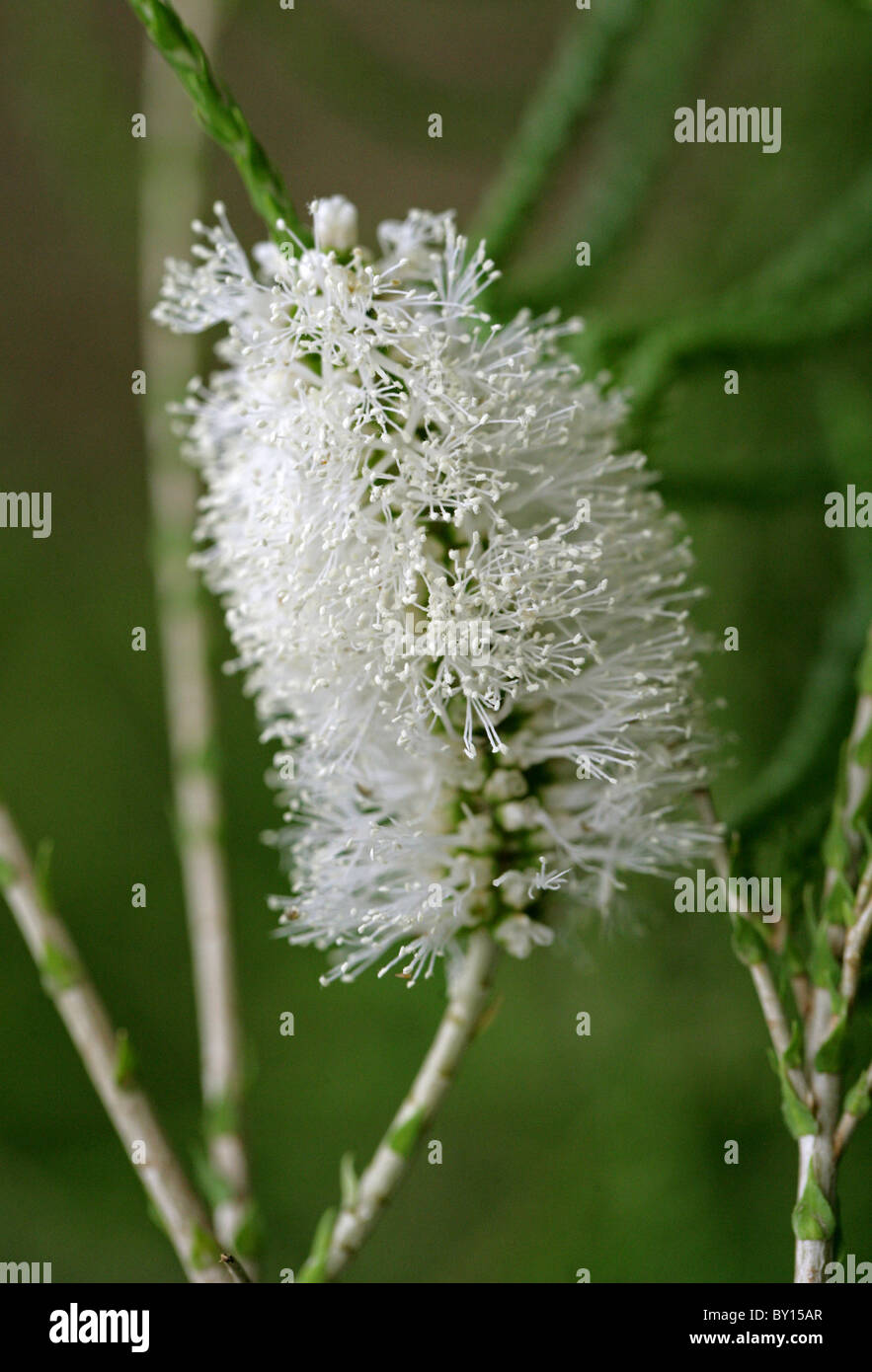
Chenille HoneyMyrtle, Melaleuca huegelii, Myrtaceae, Western Australia Stock Photo Alamy
To Plant Database Melaleuca huegelii Family: Myrtaceae Melaleuca huegelii is known as the Chenille Honey-myrtle and is a large shrub that can reach a height of 5 metres, with a spread to several metres across.

Chenille HoneyMyrtle, Melaleuca huegelii, Myrtaceae, Western Australia Stock Photo Alamy
A highly ornamental flowering shrub also known as the Chenille Honey Myrtle produces fine delicate foliage and white or white-cream bottlebrush flowers from late winter to summer. A hardy shrub that is well suited to wind-blown coastal conditions.
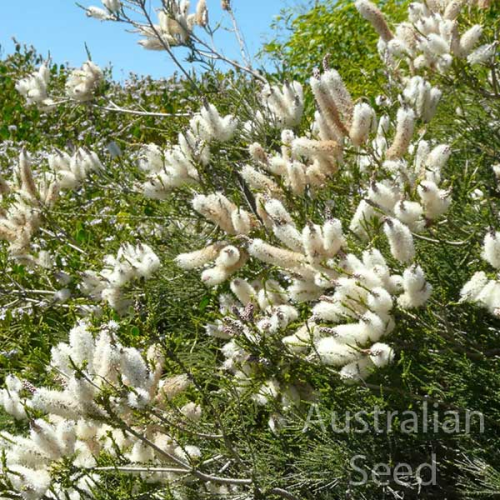
MELALEUCA huegelii, White flowers, Chenille Honey Myrtle, buy Australian Seed
Melaleuca huegelii, commonly known as chenille honey-myrtle, is a plant in the myrtle family, Myrtaceae and is endemic to the south-west coastal areas of Western Australia. It has small, almost scale-like leaves and flower spikes sometimes more than 100 millimetres (4 in) long on the ends many of its branches. More Info Computer Vision Model

Melaleuca huegelii Chenille Honey Myrtle,, מללויקת היגל, מללויקת היגל The Jerusalem
It is a great plant to grow as a wind break in gardens as it is able to handle strong winds. It should be planted in a full sun position in well drained soil. If wanting it to stay compact it should be pruned lightly after flowering. It is able to withstand drought, frost, lime soils and salt spray. Popular Right Now
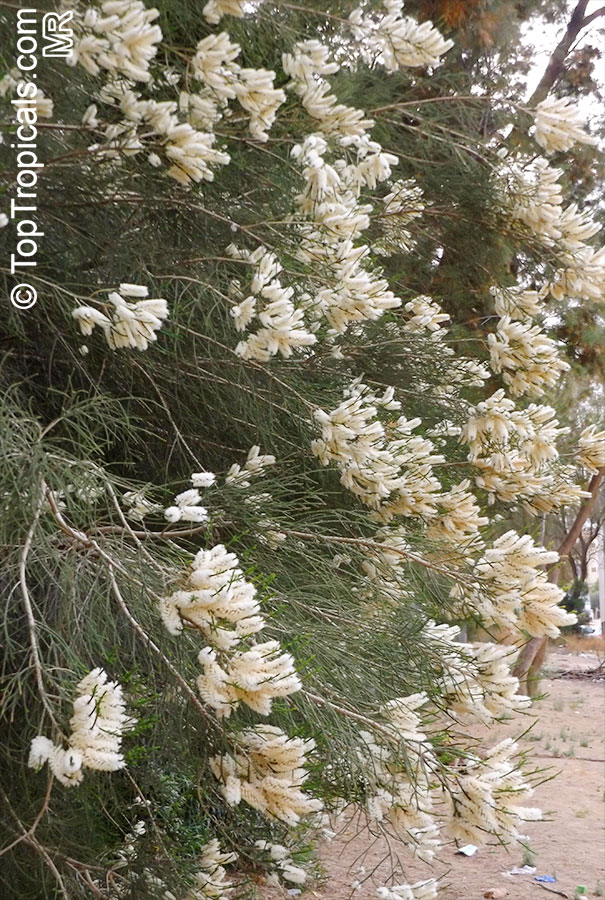
Melaleuca huegelii, Chenille Honeymyrtle
This myrtle tree is native to the southwest coast of Australia. Although it can grow to be 5 metres in height, it usually stays more of a shrub like plant. The white flowers are arranged in spikes at the ends of branches which have green scale like leaves that look like they protect the dark coloured branches.
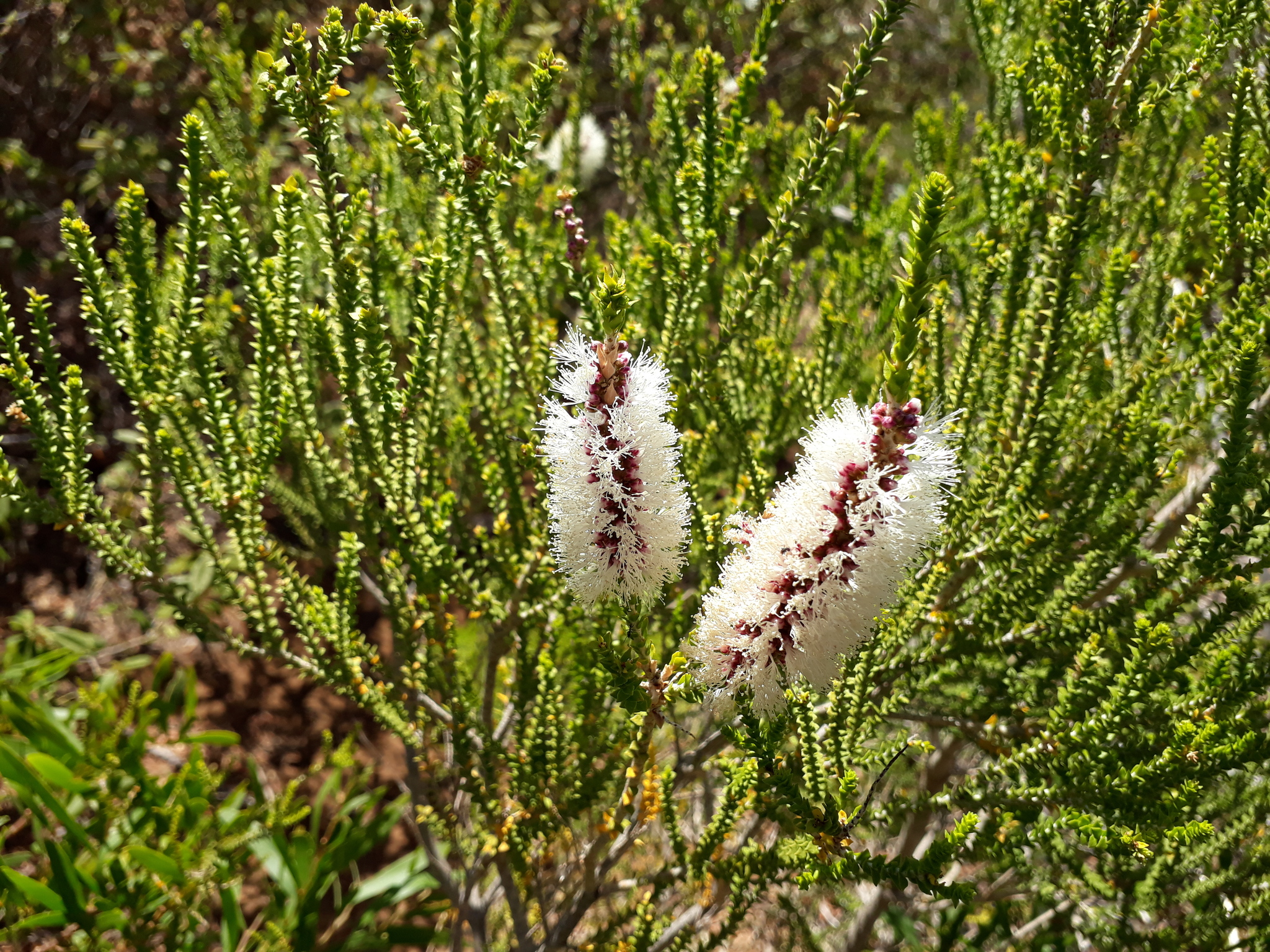
Chenille Honeymyrtle • ReWild Perth
Melaleuca huegelii, commonly known as chenille honey-myrtle, is a plant in the myrtle family, Myrtaceae and is endemic to the south-west coastal areas of Western Australia. It has small, almost scale-like leaves and flower spikes sometimes more than 100 millimetres (4 in) long on the ends many of its branches. Description
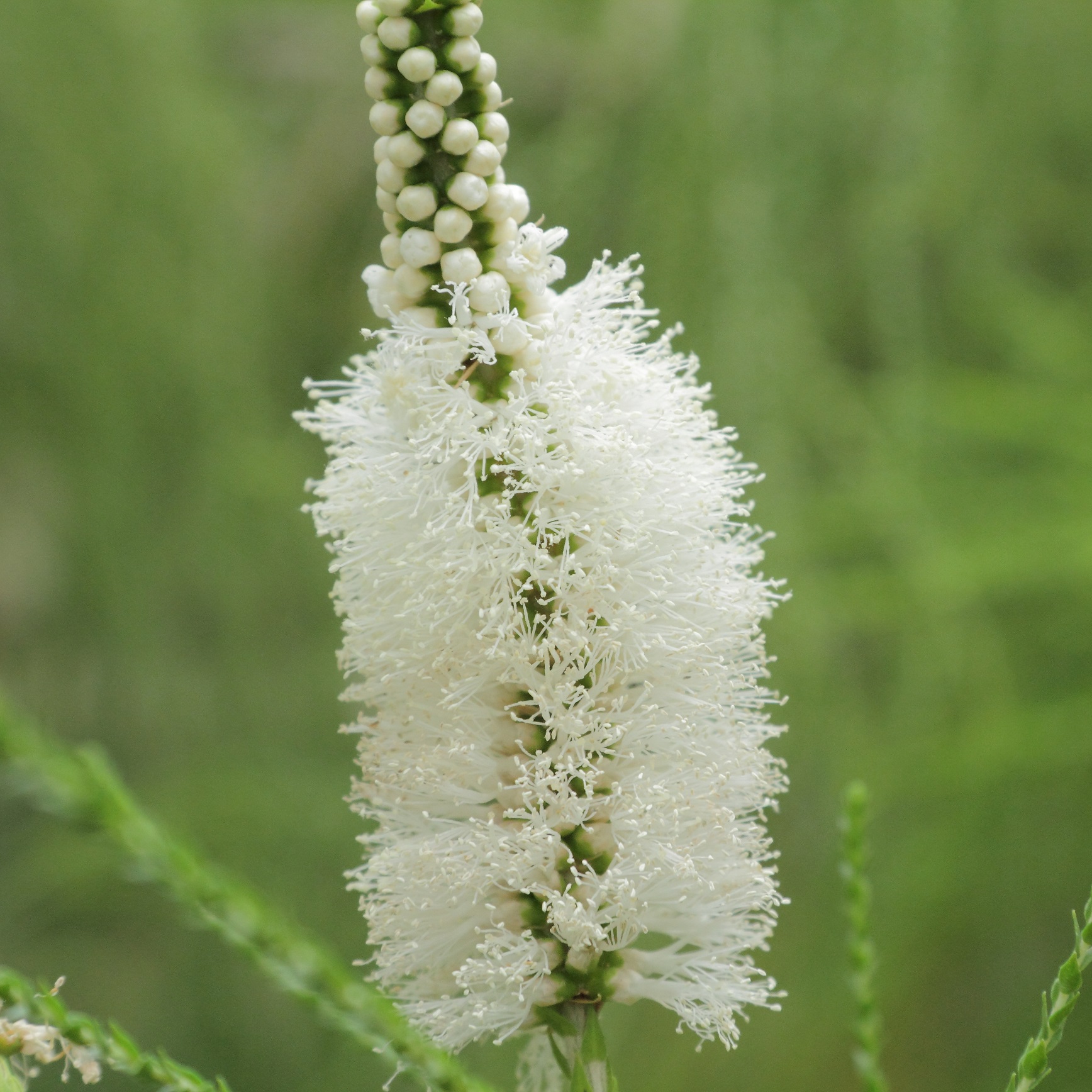
Melaleuca huegelii Chenille HoneyMyrtle seeds X 200 Ole Lantana’s Seed Store
Melaleuca huegelii, commonly known as chenille honey-myrtle, is a plant in the myrtle family, Myrtaceae and is endemic to the south-west coastal areas of Western Australia. It has small, almost scale-like leaves and flower spikes sometimes more than 100 millimetres long on the ends many of its branches.
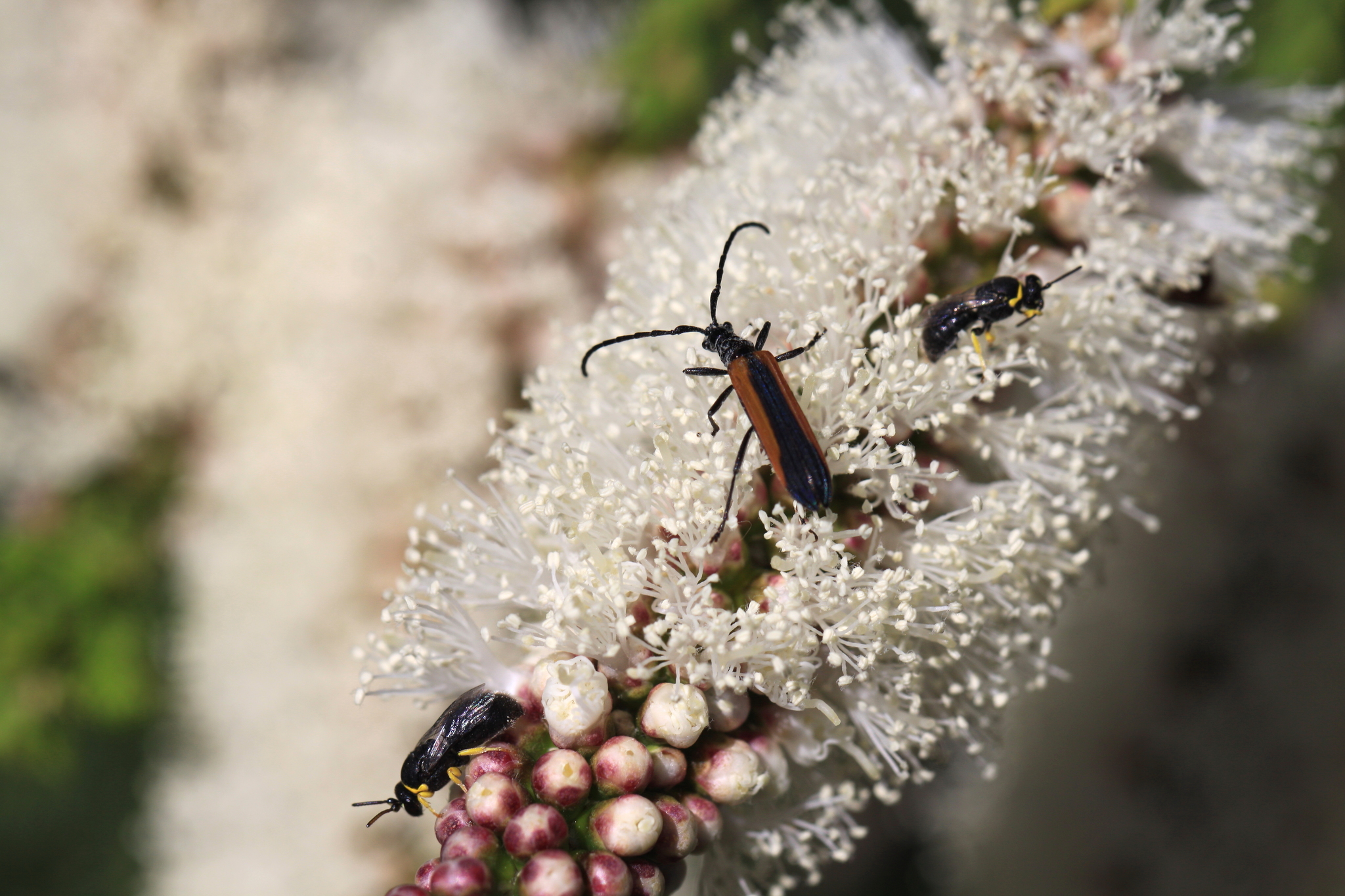
Chenille Honeymyrtle • ReWild Perth
Melaleuca huegelii, commonly known as chenille honey-myrtle, is a plant in the myrtle family, Myrtaceae and is endemic to the south-west coastal areas of Western Australia. It has small, almost scale-like leaves and flower spikes sometimes more than 100 millimetres (4 in) long on the ends many of its branches. Read More on Wikipedia Your Notes
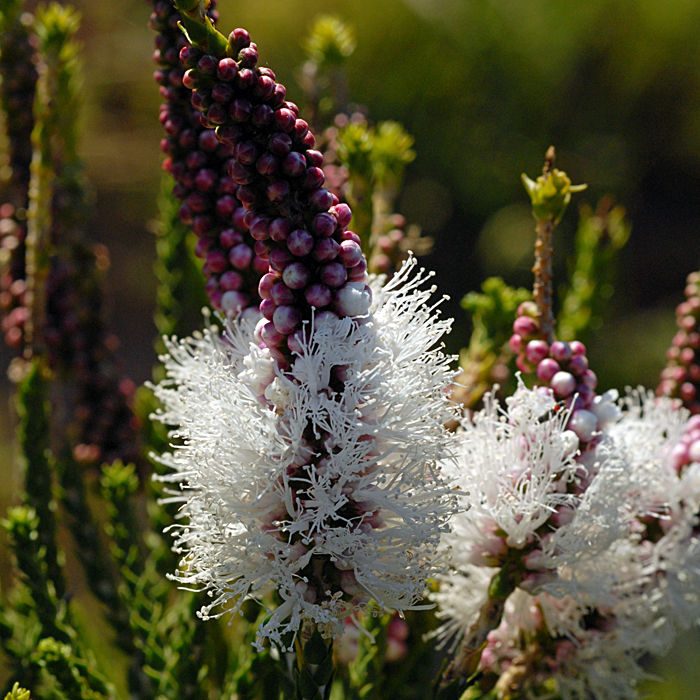
Australian Wild flower Melaleuca huegelii Chenille Honey Myrtle
Melaleuca huegelii. Family: Myrtaceae Distribution: South western coastal districts of Western Australia. Common Name: Chenille honey myrtle Conservation Status: Not considered to be at risk in the wild. Derivation of Name: Melaleuca…from Greek melas; black and leukos; white, referring to black marks on the white trunks of some species due to fire.